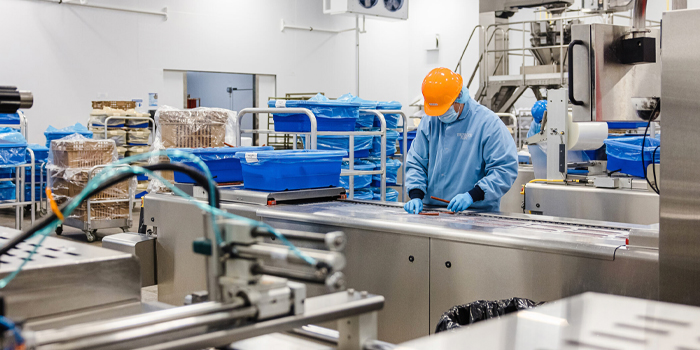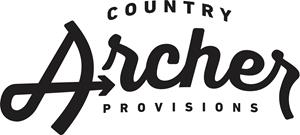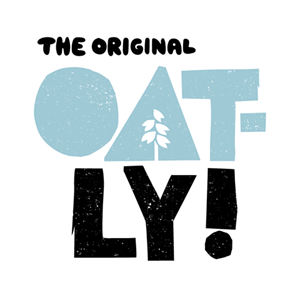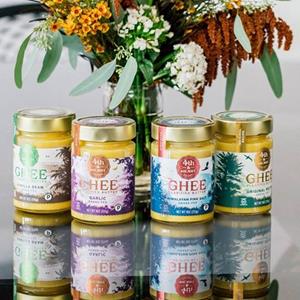Monogram Capital Sells Western Smokehouse, Says Deal Reinforces Supply Chain Focus

Investment firm Monogram Capital has sold meat snack producer Western Smokehouse to AUA Equity Partners, a deal that Monogram co-founder and partner Jared Stein proves out the firm’s thesis of heavily investing in supply chain-oriented companies.
Terms of the deal, which closed last week, were not disclosed, but a source with knowledge of the transaction said the deal will nearly return Monogram’s entire first fund, which was $152 million. Monogram owned 80% of Western Smokehouse, with the producer’s original owners and a small group of executives controlling the remaining 20%. With the sale to AUA, the founders have exited the business entirely, Stein said.
Founded in 1978, Western Smokehouse was a family-owned business until Monogram invested in 2018. The company produces the majority of the country’s better-for-you meat sticks, both for branded products as well as private label lines.
According to IRI and Spins data provided by Monogram, meat sticks represented a $1.8 billion dollar category in 2018, with better-for-you meat-sticks accounting for $800 million. As of last year that number has grown to $2.2 billion for the category overall, with better-for-you meat sticks outpacing the larger category, with $1.7 billion in sales.
Over the lifespan of the relationship, Monogram was able to grow the business’ EBITDA by over four and a half times, Stein said, and expanded Western Smokehouse from its original facility in Greentop, Missouri to three more factories in Galesburg, Illinois; Springfield, Illinois and Burlington, Iowa for a total of over 180,000 square feet of production space. The firm also brought in a new management team and set up a functioning ERP and reporting systems.
As a result of these measures, particularly in the last two years, Western Smokehouse was able to “deepen its relationships with retailers on the private label side,” Stein said, locking in new partnerships while developing pack sizes and formats that could better work in a retail environment not used to selling meat stick products.
“Retailers haven’t always known how to assort that space because it doesn’t have a natural fit and it doesn’t fit on pegs in the same way as a jerky bag does,” Stein said. “Through that insight, we started thinking about how do you put [sticks] individually wrapped in pouches and what are other ways to get a billboard for sticks in store.”
Beyond the specifics of this deal, Stein said it reinforces the firm’s larger thesis of investing in supply chain oriented companies. Currently Monogram is an investor in copacker Mountaintop Beverages, where it is the majority shareholder, Bowery Farming, Foundry Brands, and Prime Matter Labs.
Though the firm also invests in branded products, Stein said those investments tended to also “over index” towards vertically integrated brands that self-manufacture such as Oatly, Ellenos and Country Archer. Last year Monogram portfolio company 4th and heart also opened its own production facility.
These companies are often more financially appealing, Stein said, noting a 10% margin spread in “harder margin” categories such as meat snacks, between brands that self produce and those that use co-packers.
“There’s certain spaces where it’s really just that sales and marketing and branded play, and it’s harder to say that the manufacturing component of the equation is that much more powerful,” Stein said. “But [in other categories] self manufacturing…means that you go from being potentially loss making to certainly able to generate EBITDA at scale.”
However, the fund has learned when self-manufacturing is not needed or may even be a detriment, Stein said. Often, in these situations the scale needed to make self-manufacturing work would rarely be achieved by one emerging brand alone — something the firm saw with portfolio company Oatly, which moved production of its alt-dairy milks to co-packing model.
Monogram is currently operating out of its Fund II, which quietly closed in 2021 at $250 million. Stein said the firm is spending an “increased amount of time” on the supply chain side of CPG after seeing the success of Western Smokehouse, as well as the difficulty brands faced in finding copackers with available line time during the past few years.
“[Recently] we’ve probably been a little bit more upfront around the supply chain focus,” Stein said. “[Also] the market has shifted such that the brand landscape is just harder to get excited about right now as people work through the transition to more of a sustainable business model, and exits have slowed down, and all the other kind of drivers”




















